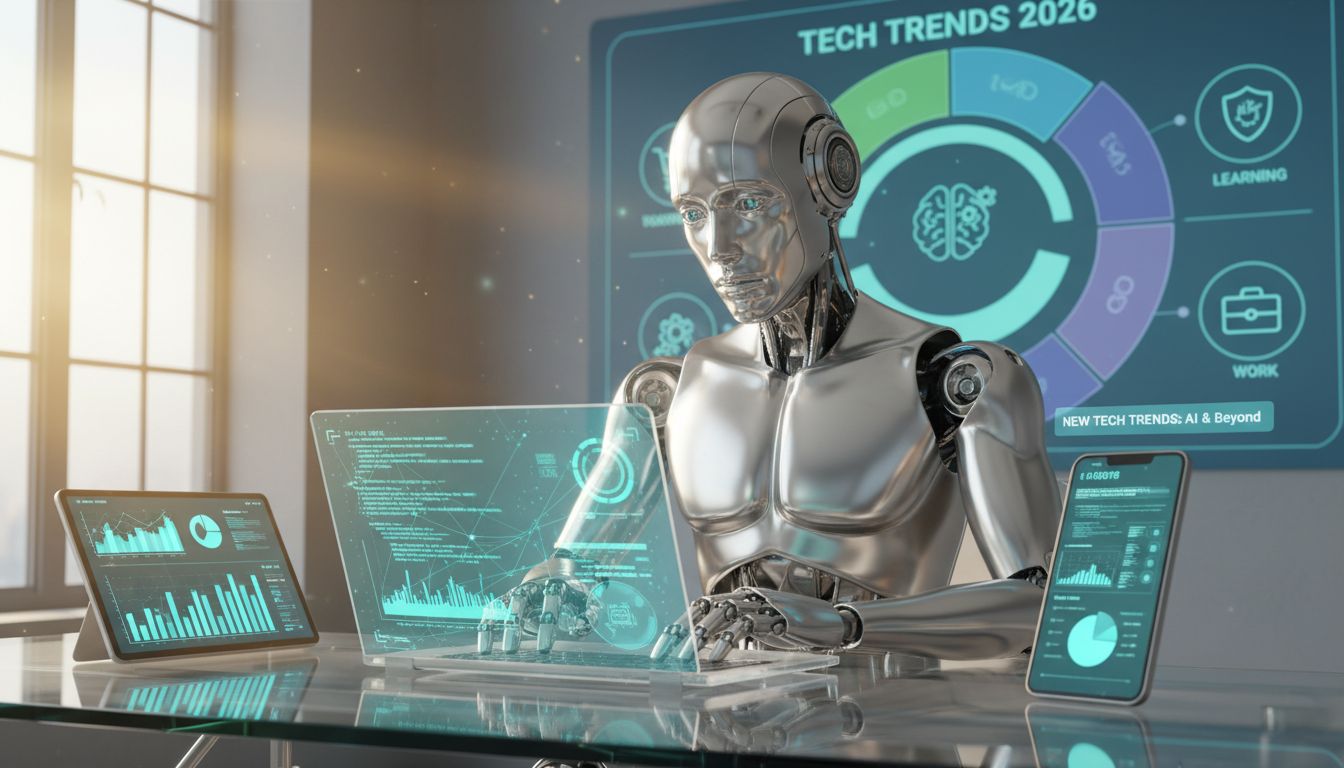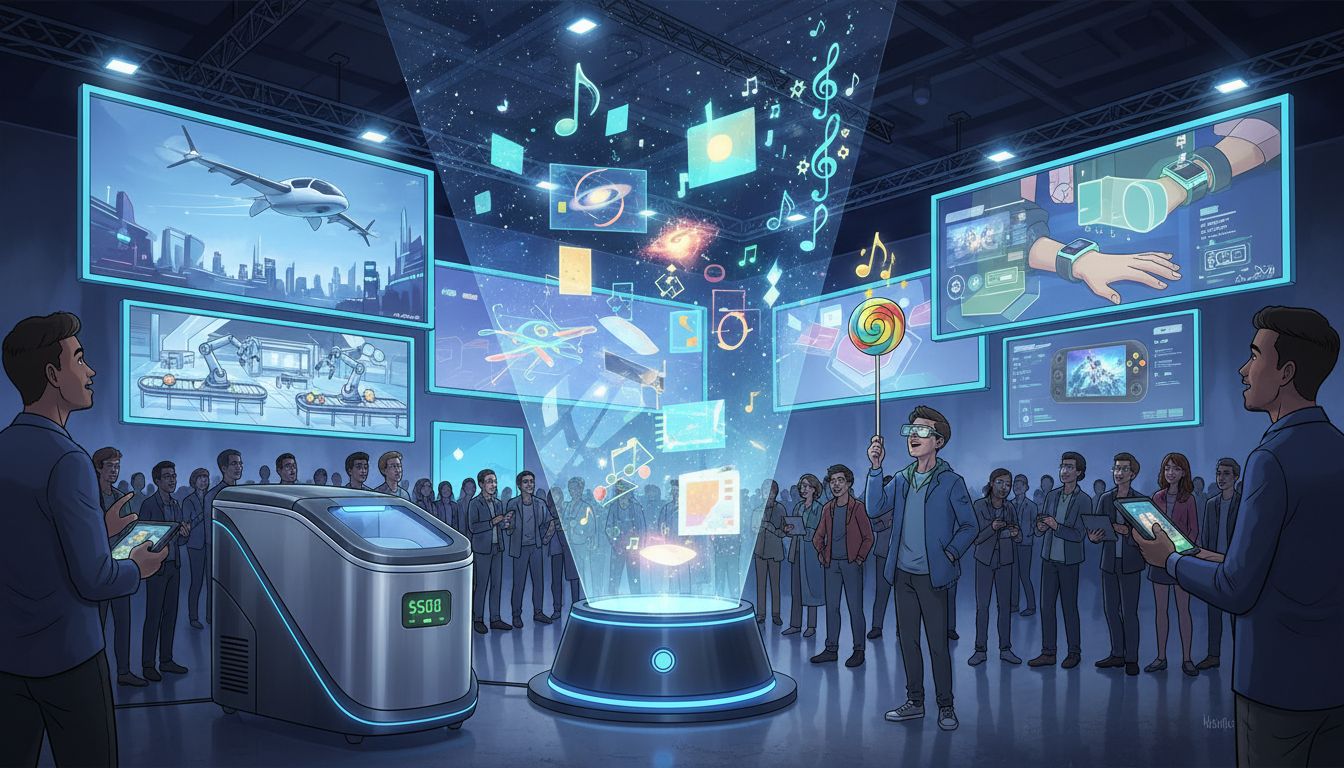From deciphering ancient texts to predicting protein structures, AI is transforming scientific fields. These AI scientific discoveries impact our daily lives. This article explores how these advancements are shaping science and our future. AI systems are making major contributions to scientific literature.
AI is revolutionizing science, enabling scientists to make discoveries in new ways. These breakthroughs are enhancing our understanding of the world. We’ll explore some key advancements.
Table of Contents:
- Unlocking the Past With AI
- AI-Powered Exploration: From Ocean Depths to Desert Sands
- Revolutionizing Biology and Healthcare With AI Scientific Discoveries
- FAQs about AI scientific discoveries
- Conclusion
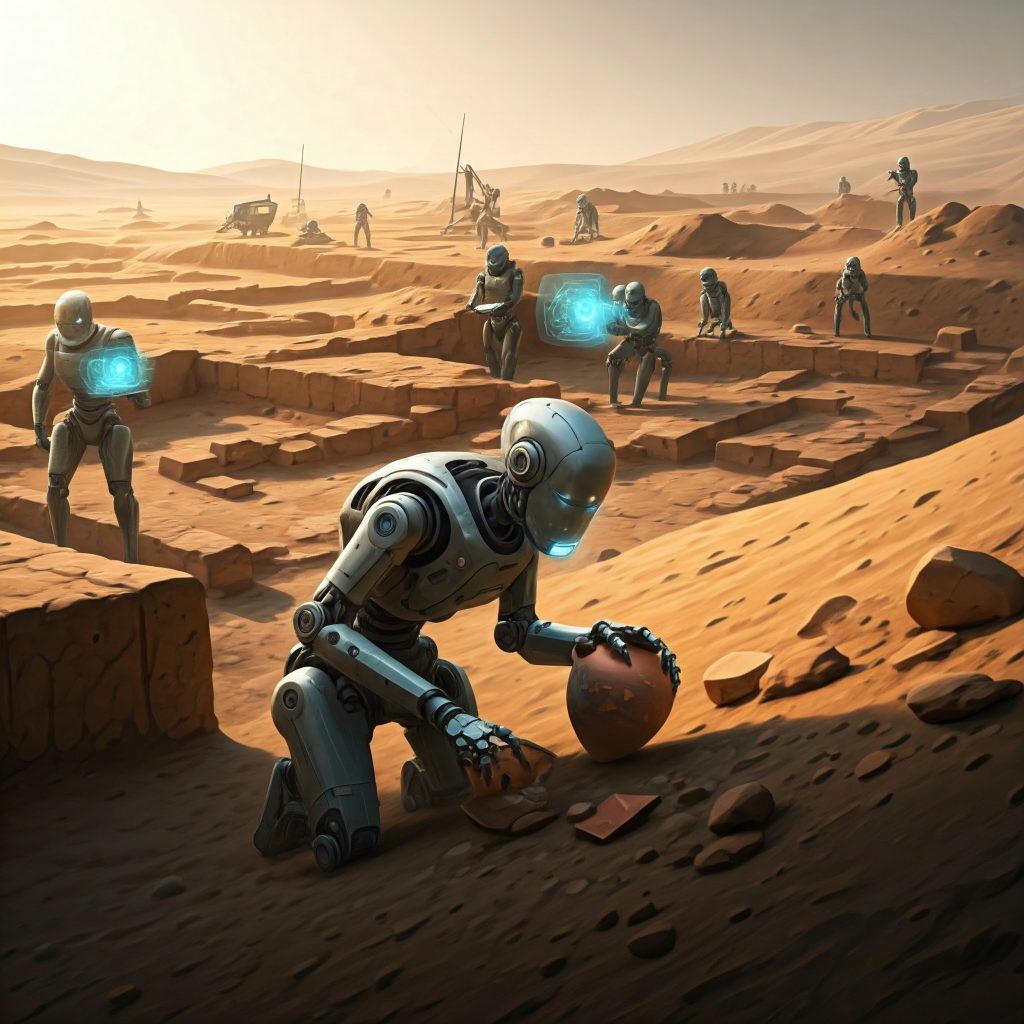
Unlocking the Past With AI
Imagine a fragile scroll holding secrets of a lost world. AI is now uncovering those secrets. These AI-powered efforts, like uncovering the Herculaneum scrolls, may reveal insights into ancient civilizations. Deep learning is applied to gain insights from the past.
Deciphering Ancient Texts
The Herculaneum scrolls, discovered in a Roman villa, survived Mount Vesuvius. Physically opening them could destroy them. Scientists, using AI and high-resolution X-rays, decoded passages. These give us a glimpse into life during the Roman Empire. Data science is playing a key role in deciphering ancient texts. These AI systems use pattern recognition to make new discoveries. This work is being performed at facilities like the Pacific Northwest National Laboratory (PNNL).
This groundbreaking work in history and archaeology helps scholars uncover ancient knowledge. The Vesuvius Challenge uses AI to help the scrolls virtually come back to life. AI algorithms are assisting with scientific data analysis of ancient texts.
AI-Powered Exploration: From Ocean Depths to Desert Sands
From whale songs to geoglyphs, AI helps us navigate the planet. AI scientific discoveries also improve our ability to communicate with other species. These insights help address Earth’s environmental challenges. High-performance computing plays a critical role in AI-powered exploration.
Decoding Whale Communication
Our oceans are full of mystery. Scientists use machine learning to decipher whale songs. Natural language processing helps us understand these mammals.
These AI scientific discoveries help us understand the animal kingdom. Molecular dynamics simulations, often run on high-performance computing systems, help us learn about these creatures and the deep connections they represent. Azure Quantum may also have the potential to help analyze and understand patterns in complex communication systems. Vijay Murugesan is among the scientists exploring the potential of AI in these areas.
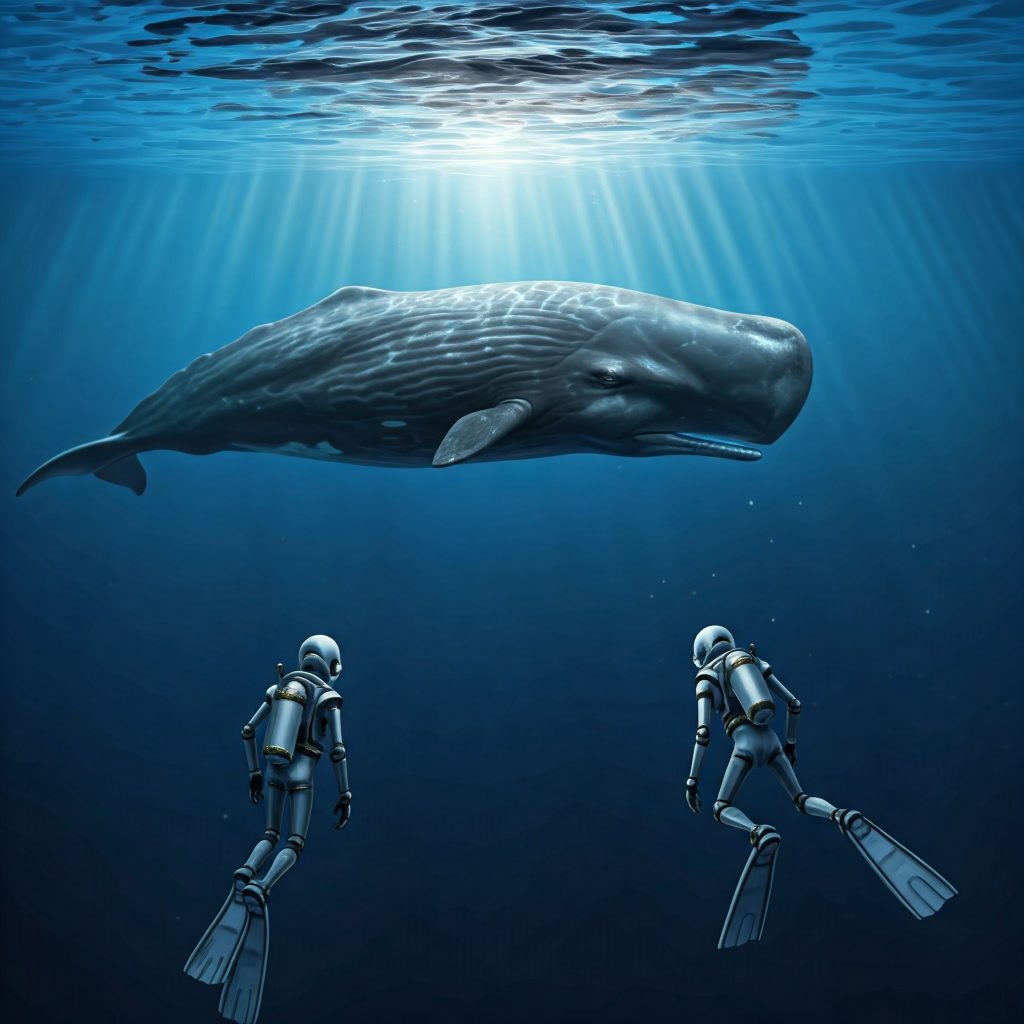
Unveiling Ancient Geoglyphs
In the Nazca Desert, researchers use AI to locate geoglyphs. These discoveries reveal secrets about past civilizations and scientific knowledge itself. AI models trained with high-resolution imagery have almost doubled the number of known geoglyphs. AI algorithms help locate these ancient markings.
While imperfect, AI improves archaeological accuracy. AI also helps discover new dig sites in challenging terrain. More crossover knowledge between machine learning and archaeology is needed. Yolanda Gil is an AI scientist advancing work like this.
This combination of human intuition and AI algorithms could uncover even more significant archeological finds. Andrea Starr from the PNNL is a leader in applying AI to scientific research.
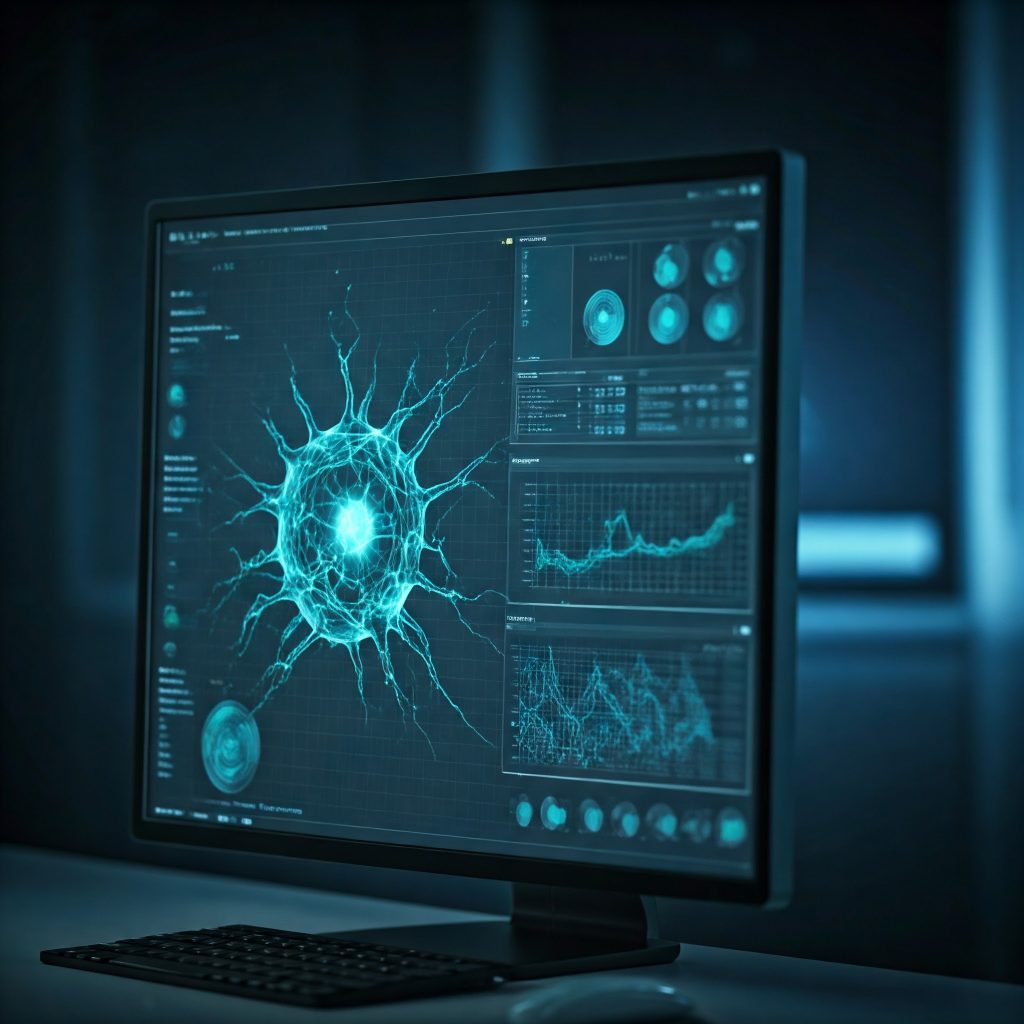
Revolutionizing Biology and Healthcare With AI Scientific Discoveries
The 2024 Nobel Prize in physics recognized AI’s importance in science. John Hopfield and Geoffrey Hinton’s discoveries in machine learning were honored, showcasing AI’s influence. However, some AI systems raise ethical questions and can create bias. Quantum computing may play an increasingly important role in drug design.
Mapping Our Cellular Landscape
Our bodies contain a vast universe of cells. Machine learning models are leading to a more comprehensive cellular view. AI scientists are developing new ways to analyze this data.
This detailed understanding improves disease diagnosis and medicine development. Materials scientists are also exploring the use of AI for design synthetic proteins and materials discovery.
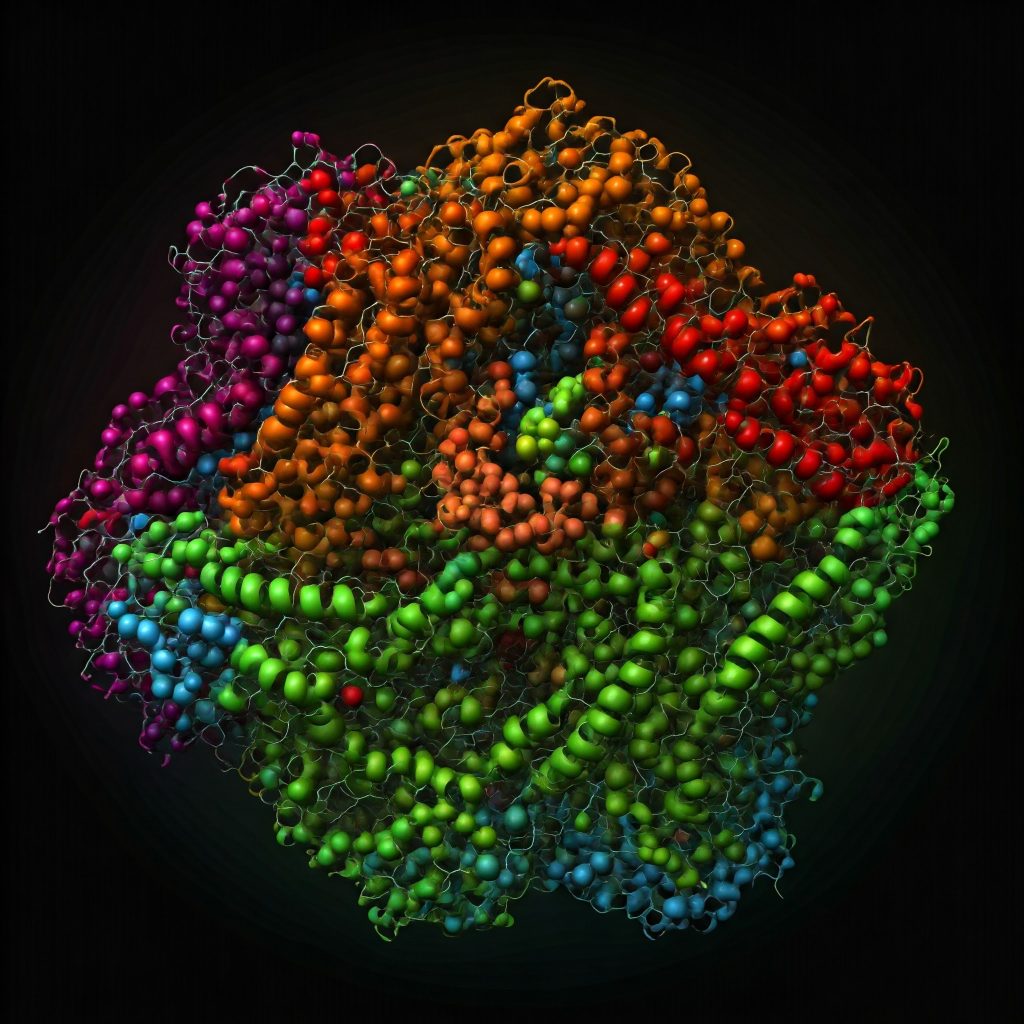
Predicting Protein Structures
Understanding protein structures can improve diagnoses and medicine development. Predicting protein structures was traditionally difficult. Artificial intelligence can rapidly identify these structures.
AlphaFold, by Google DeepMind, predicts almost all known protein structures from amino acid sequences. The system’s designers won the Nobel Prize because of its biological and medical value. This field is considered advancing scientific discovery. These scientists at the National Laboratory work with AI daily.
AI scientific discoveries can revolutionize medical practice, though adoption may be slow due to busy doctors’ time constraints. AI may accelerate scientific breakthroughs.
FAQs about AI scientific discoveries
Has AI made any scientific discoveries?
Yes, AI has contributed to numerous discoveries in many fields. This includes deciphering ancient texts and uncovering geoglyphs. AI has also advanced our understanding of animal communication and protein structure prediction.
Has AI made any medical discoveries?
AI plays a growing role in medical discovery. It assists in protein structure prediction and drug development. While AI has not yet made significant medical discoveries independently, its contributions are increasing.
What is the famous AI experiment?
An early pivotal AI experiment involved AI learning to identify handwritten characters and objects. This project laid the groundwork for today’s image and object detection capabilities.
What is the most advanced thing AI can do?
AI excels in many domains, from protein structure prediction and object recognition to strategic game playing. AI can even generate creative text formats, perform complex calculations, and translate languages with high accuracy. These language models have a huge number of papers published based on these findings. Many of the training sets are publicly available for access.
Conclusion
AI scientific discoveries are transforming our world, impacting science, medicine, materials science, and energy storage. Researchers like Vijay Murugesan are applying these systems to scientific problems.
As these fields require more scientific breakthroughs, artificial intelligence’s power will likely be leveraged more often. AI can assist humanity in achieving remarkable advancements.
We are witnessing surprising discoveries because of AI. AI scientists continue to develop AI and further integrate it into research. AI is becoming a good tool for human scientists to advance scientific knowledge. They will apply this technology to important challenges, like climate change. AI will play an important role in shaping our future.

